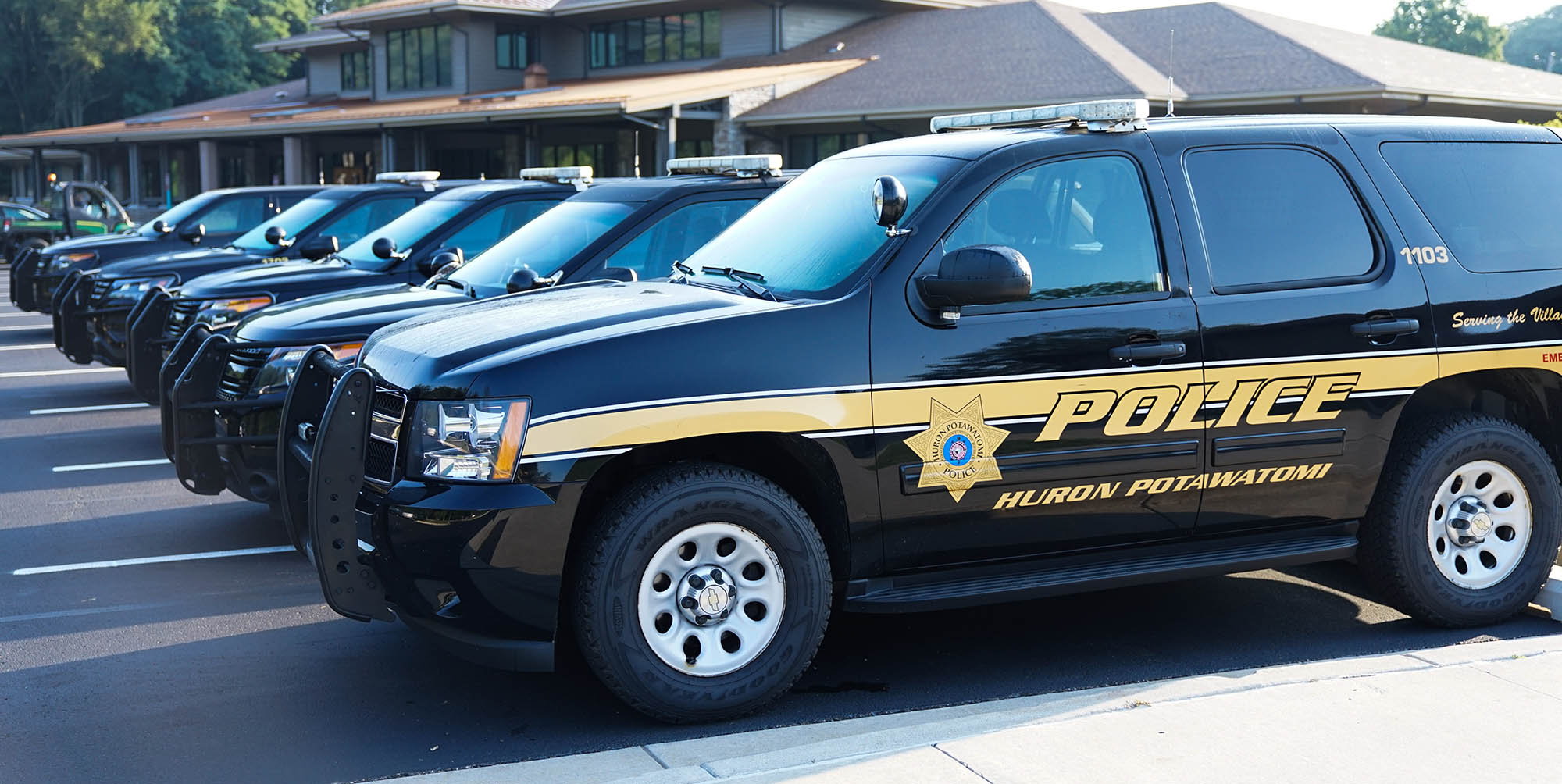
- Details
- By Neely Bardwell
U.S. Senators Catherine Cortez Masto (D-Nev.), John Hoeven (R-N.D.), Ruben Gallego (D-Ariz.), and Mike Rounds (R-S.D.) on Tuesday, February 4, reintroduced their bipartisan Bridging Agency Data Gaps & Ensuring Safety (BADGES) for Native Communities Act after it failed to pass in Congress’ last session.
The Act, whose previous introduction in 2022 was endorsed by the National Indigenous Women’s Resource Center, Coalition to Stop Violence Against Native Women, the Seattle Indian Health Board, Amnesty International, National Council of Urban Indian Health, and National Congress of American Indians, seeks to strengthen Tribal law enforcement and increase public safety in Indian Country.
If passed, it would support the recruitment and retention of Bureau of Indian Affairs (BIA) law enforcement officers, bolster federal missing persons resources, and give Tribes and states much needed tools to combat violence.
“It’s time that we passed this commonsense, bipartisan bill into law, and I’m committed to getting it done,” Sen. Cortez Masto said in a statement. “The Bureau of Indian Affairs needs more resources to recruit and retain officers, solve missing persons cases, and combat crime in Indian Country. I urge my colleagues to work with me to move this critical bill forward.”
Sen. Rounds from South Dakota explained in a statement that Tribal officials in his home state have been “dealing with public safety issues for several years”. This legislation would provide tribal leaders and tribal law enforcement officers with the necessary tools to keep their communities safe.
Specifically, the BADGES for Native Communities Act would:
- Increase Tribal access to the National Missing and Unidentified Persons System (NamUs) by requiring Tribal facilitators to conduct ongoing Tribal outreach and serve as a point of contact for Tribes and law enforcement agencies, as well as conduct training and information gathering to improve the resolution of missing persons cases.
- Require a comprehensive report on Tribal law enforcement needs.
- Allow the BIA to conduct its own background checks for law enforcement officer applicants in order to speed up and improve officer recruitment.
- Establish a grant program to help states, Tribes, and Tribal organizations coordinate efforts related to missing and murdered persons cases and sexual assault cases.
- Ensure BIA officers and Tribal police have access to culturally appropriate mental health and wellness programs.
Republican Sen. Hoeven says this is a significant step towards enhancing the resources available to Tribal law enforcement.
“It authorizes the BIA to conduct background checks on law enforcement applicants, providing Tribes with the tools they need to address critical staffing shortages and infrastructure challenges,” said Hoeven. “This not only strengthens public safety within Tribal communities but also ensures that offenders are held accountable, empowering Tribes to better protect their citizens and uphold justice.”
More Stories Like This
Native News Weekly (August 25, 2024): D.C. BriefsUS Presidents in Their Own Words Concerning American Indians
Oral History Project Announces 14th Stop in Portland, Oregon: NABS Continues to Gather Crucial Stories Across Indian Country
Oral History Project Announces 16th Stop in Albuquerque as NABS Continues to Gather Boarding School Survivor Stories
25th Navajo Nation Council Stands with Victim Advocates During Domestic Violence Awareness Month
Help us tell the stories that could save Native languages and food traditions
At a critical moment for Indian Country, Native News Online is embarking on our most ambitious reporting project yet: "Cultivating Culture," a three-year investigation into two forces shaping Native community survival—food sovereignty and language revitalization.
The devastating impact of COVID-19 accelerated the loss of Native elders and with them, irreplaceable cultural knowledge. Yet across tribal communities, innovative leaders are fighting back, reclaiming traditional food systems and breathing new life into Native languages. These aren't just cultural preservation efforts—they're powerful pathways to community health, healing, and resilience.
Our dedicated reporting team will spend three years documenting these stories through on-the-ground reporting in 18 tribal communities, producing over 200 in-depth stories, 18 podcast episodes, and multimedia content that amplifies Indigenous voices. We'll show policymakers, funders, and allies how cultural restoration directly impacts physical and mental wellness while celebrating successful models of sovereignty and self-determination.
This isn't corporate media parachuting into Indian Country for a quick story. This is sustained, relationship-based journalism by Native reporters who understand these communities. It's "Warrior Journalism"—fearless reporting that serves the 5.5 million readers who depend on us for news that mainstream media often ignores.
We need your help right now. While we've secured partial funding, we're still $450,000 short of our three-year budget. Our immediate goal is $25,000 this month to keep this critical work moving forward—funding reporter salaries, travel to remote communities, photography, and the deep reporting these stories deserve.
Every dollar directly supports Indigenous journalists telling Indigenous stories. Whether it's $5 or $50, your contribution ensures these vital narratives of resilience, innovation, and hope don't disappear into silence.
 The stakes couldn't be higher. Native languages are being lost at an alarming rate. Food insecurity plagues many tribal communities. But solutions are emerging, and these stories need to be told.
The stakes couldn't be higher. Native languages are being lost at an alarming rate. Food insecurity plagues many tribal communities. But solutions are emerging, and these stories need to be told.
Support independent Native journalism. Fund the stories that matter.
Levi Rickert (Potawatomi), Editor & Publisher

